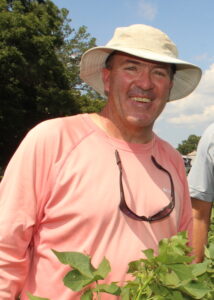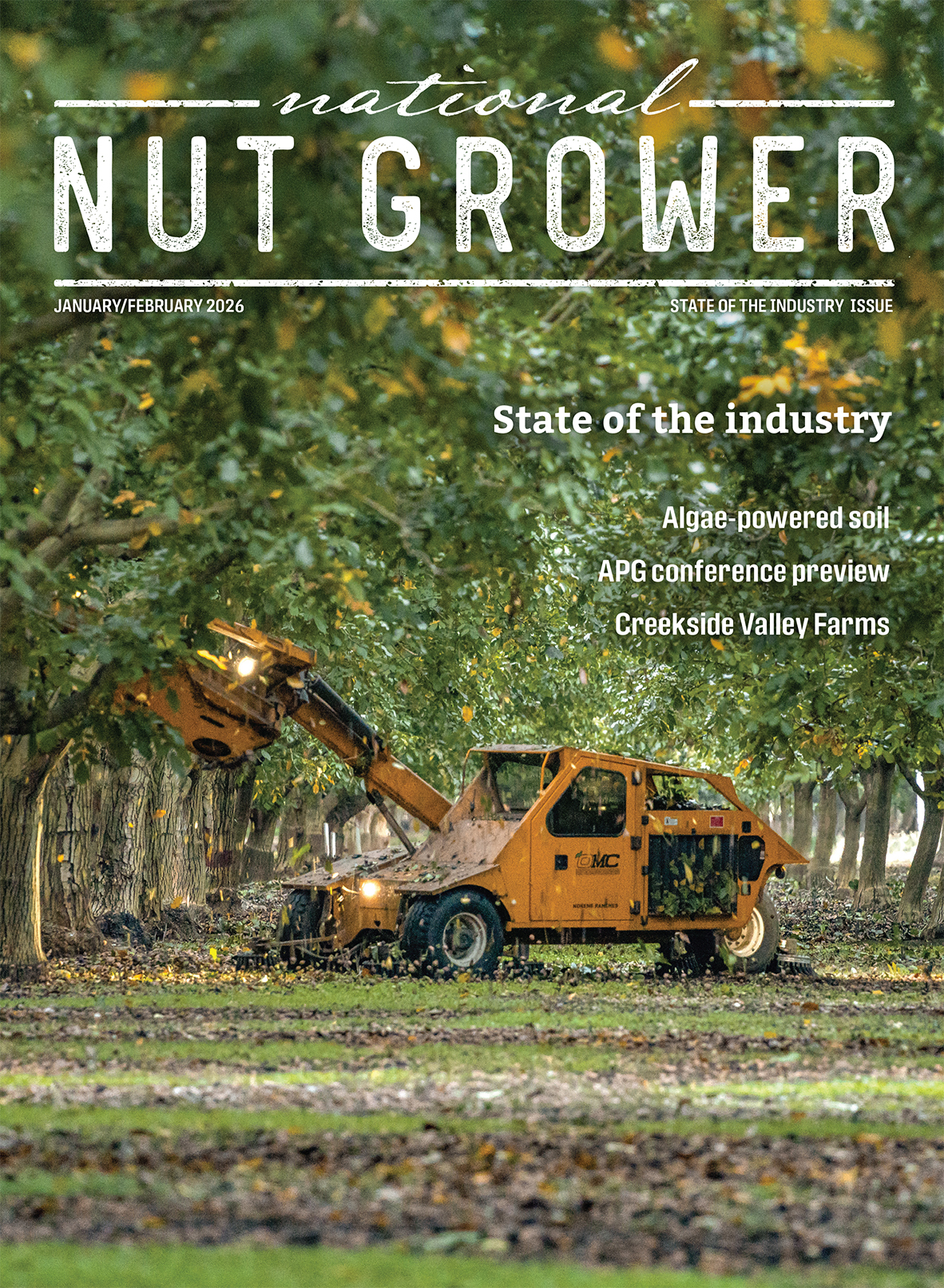Georgia Peanut Consultant Gets Broad-Spectrum Control from Trusted Insecticide
Georgia crop consultant Jason Little has been scouting full time and making recommendations for insect control in peanuts for 17 years. He maintains the mindset of not necessarily trying to save his clients’ money during the season but optimizing the crop’s potential and working toward a larger end-of-season ROI potential.
recommendations for insect control in peanuts for 17 years. He maintains the mindset of not necessarily trying to save his clients’ money during the season but optimizing the crop’s potential and working toward a larger end-of-season ROI potential.
“My year always begins with variety recommendations based on soil types,” Little says. “We make sure to match the best varieties to soil types to maximize agronomic opportunities for good yields.”
Part of the philosophy at Jason Little Consulting is making recommendations based on what the crop needs. From nutrients to crop protection, they take priority over trying to limit inputs or saving the farmer money in the middle of the season.
“We don’t always save a client money, but many of the decisions we make will make them money at the end,” Little says. “Sometimes it might cost them a little more money up front, but I’m looking at the net return.”
Pests: Weeds & Insects
Little and his staff keep their feet in the dirt and their eyes on the crops. They know good scouting is a precursor to more-informed grower recommendations. Herbicide programs for corn, soybeans and cotton are typically first. They review weather forecasts and adjust fungicide programs they created before planting, if needed.
“We make sure to give emerging plants the best chance for nutrient uptake, and that means preventing weeds from gaining an early foothold,” Little says. “There’s a much better chance for a healthier ROI if a crop doesn’t have to compete with weeds.”
Scouting plays a crucial role in Little’s insect control recommendations. He knows plant bugs will demand his attention in cotton as pinhead squares develop and the piercing and sucking insects make their way from weed host plants into young cotton stands.
“I’m not saying we’ve got resistance to imidacloprid, but I do believe it’s gotten more difficult to get good control of plant bugs with it,” Little says. “You can bet we’ll be leaning on Transform WG insecticide when we hit thresholds. We want to preserve yield potential.”
When their attention turns to peanuts and soybeans, Little knows flights of foliage feeders like tobacco budworms could increase. Scouting will determine moth counts and help create a better control plan.
“Tobacco budworms have become resistant to pyrethroids,” Little says. “Early in 2024, we had to make an application of Intrepid Edge insecticide because counts were topping six to seven tobacco budworms per row foot, with a few beet armyworms as well. Those counts dropped to one per row foot the next week and nothing the following week.”
The Importance of Insect Control
Little understands that many factors may influence the success of a crop protection application. He and his team always recommend following product label rates and hold off spraying if weather conditions are not suitable for on-target applications.
“Most of the farmers I consult with are heritage farmers. Like many farmers across the U.S., their farms were handed down from previous family farming generations. They work to preserve their land’s natural resources and make production decisions to leave it in better shape for the next generation,” says Little. “They want recommendations that protect their crops and the land on which they produce them.”
Jason Little Consulting often recommends Intrepid Edge® insecticide. The product controls the toughest pests in a broad range of crops. It delivers fast knockdown, has two modes of action and is one of the few Insecticide Resistance Action Committee Group 5 insecticides.
“I really like Intrepid Edge insecticide, because you get immediate control activity from spinetoram and extended residual … from the other active ingredient, methoxyfenozide,” Little says. “I’ve gotten a high success rate many times using it in peanuts to get late-season looper control.”
Little has seen crop protection products come and go, but he has confidence in Transform® WG insecticide with IsoclastTM active and Intrepid Edge® insecticide.
“The performance in the field is above reproach,” Little concludes.
Legals:
™ ® Trademarks of Corteva Agriscience and its affiliated companies. Intrepid Edge® and Transform® WG are not registered for sale or use in all states. Contact your state pesticide regulatory agency to determine if a product is registered for sale or use in your state. Isoclast™ is a registered active ingredient. Always read and follow label directions. ©2025 Corteva. 023799 BR (04/25) CAAG5INSC052









